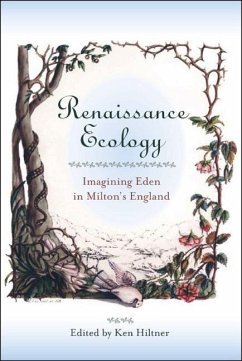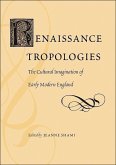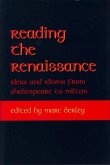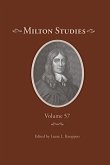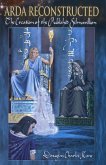With the publication of Thomas More's Utopia in 1516, it may have seemed as if England had found the place whereby its most optimistic of futures could be imagined. But the truth is that there was already a serious contender for that role: Eden. To a modern reader this may seem counterintuitive. After all, isn't Edenic literature in some sense just the opposite of the utopian genre in that the concern is not with an imagined future but rather with a lost past? While it is certainly true that Eden was imagined as a paradise lost at the dawn of human history, this topos was also seen as a place that might be regained. What made Eden of particular interest to early modern England was that, as a pristine garden, it captured the imagination of a country in the midst of an environmental crisis of unprecedented proportions. The essays in Renaissance Ecology consider how writers and artists such as John Milton imagined, by way of Eden, a future where human beings would live in greater peace with the natural world. This impressive collection, which includes contributions by such eminent scholars as Barbara Lewalski and Diane McColley, takes an exciting, new, "green" approach to representations of Eden, while also considering the role of gender, politics, and poetics, discussing relevant issues of both literature and culture.
